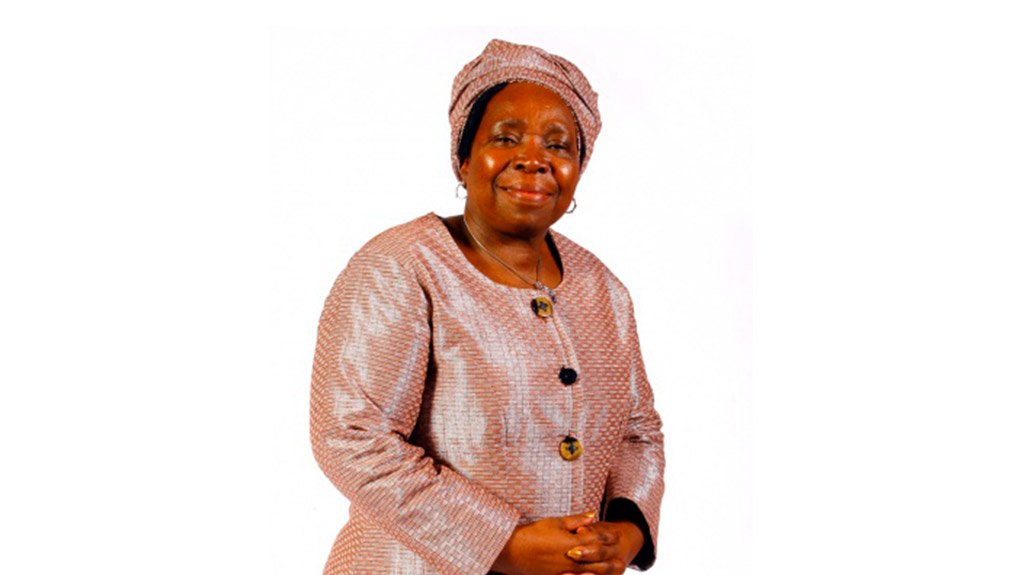The African Union (AU) is driving a campaign to improve the keeping of statistics by member countries so that they can better measure their progress towards achieving their development goals.
AU commissioner for economic affairs, Mothae Maruping, told ANA on Monday that the continental body’s long-term vision, Agenda 2063, has an accountability framework, as does the United Nations’ Agenda 2030, which was adopted by world leaders on Friday.
“We thought about how you are going to monitor and evaluate (development projects), and to do that, you need statistics and indicators to be quantified,” he said.
“We are joining in this data revolution.”
He said although there had been an improvement throughout the continent in data-keeping, it could be better.
Maruping brushed off concerns which some have expressed that the UN’s Agenda 2030, which outlines 17 sustainable development goals (SDGs), would compete for resources with the AU’s Agenda 2063.
He said the United Nations' goals were already incorporated into the AU’s agenda.
“Both documents were largely influenced by the AU,” Maruping said, adding the process started in 2011 with consultations around the UN goals.
“Africa developed a common position on the SDGs and drew up a document to articulate that position. It was the only region to do so. Agenda 2063 has 20 goals whereas this one has 17, so in our view, as Africa, we see Agenda 2030 as a subset of the African Agenda 2063.”
He said the AU’s agenda was “broader, and touches on political and cultural issues as well. So we call it a vehicle to carry the SDGs”.
“As far as Africa is concerned, by implementing Agenda 2063, we will already be implementing SDGs.”
He said Agenda 2063 also included infrastructure projects to improve trade, unlike the SDGs, which focused on social issues like education, health and gender equality.
Maruping said the UN’s SDGs did not address infrastructure issues because it assumed countries already had established infrastructure. It did, however, place more emphasis on stimulating the economies of countries so that there wasn’t such a heavy reliance on donors in implementing the SDGs, unlike the Millennium Development Goals (MDGs) which preceded the SDGs.
“Economies have to be grown to move towards eradication of poverty,” he said.
“If the economy grows, it will handle the question of poverty through job creation and inclusion. But also because it is a growing economy, it will support the gains made.”
By contrast, the MDGs could be reversed once donor funds dried up, he said.
Maruping did not agree with critics who said the SDGs were too ambitious.
“That is the position of developed countries, but our position is if the objective is to eradicate poverty, we don’t count what it is that is necessary to eradicate poverty.”
He said there had been a push to cut down the number of 17 goals, but “we said it is not a numbers game, but it is about getting rid of poverty”.
AU Commission Chairperson Nkosazana Dlamini-Zuma over the weekend met with UN Secretary-General Ban Ki-Moon to discuss the SDGs, climate change, and peace and security on the continent.
“Ban commended the critical contribution of Africa to the SDGs, as well as the formulation of Africa’s ambitious vision, Agenda 2063,” the AU Commission said in a press release.
EMAIL THIS ARTICLE SAVE THIS ARTICLE
To subscribe email subscriptions@creamermedia.co.za or click here
To advertise email advertising@creamermedia.co.za or click here











